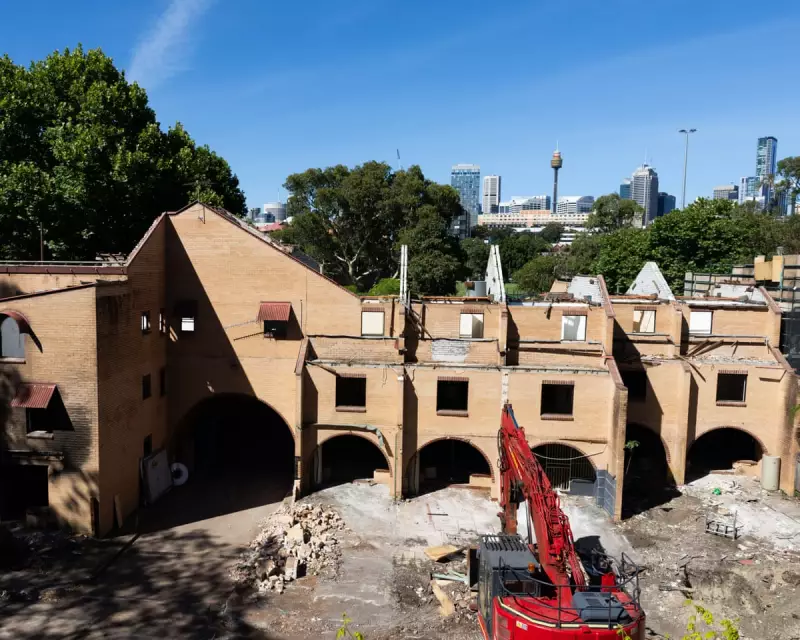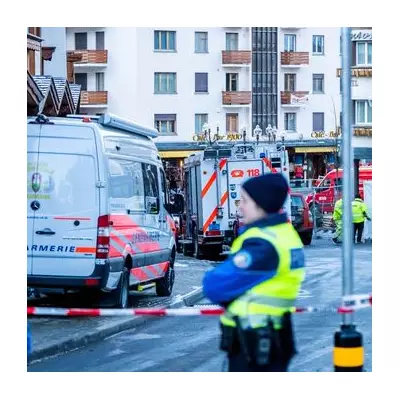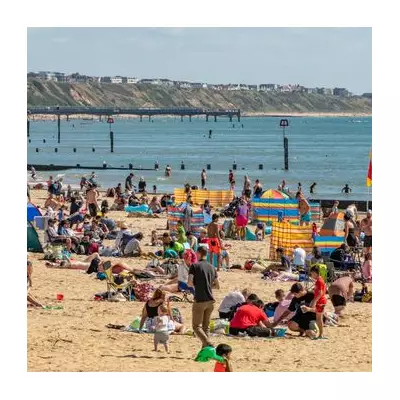
For thirty years, Carolyn Ienna called 82 Wentworth Road in Glebe home. Now, the Wiradjuri person watches as bulldozers systematically dismantle the public housing estate that provided sanctuary for three decades.
The demolition makes way for 43 affordable housing units, managed by Homes NSW, but Ienna will not be returning. Having relocated to another public housing unit nearby, they reflect: "I know if I go there too often, I'm just going to get really sad."
The Changing Face of Social Housing in NSW
This Glebe site represents a microcosm of broader transformations occurring across New South Wales' social housing landscape. Under successive Coalition and Labor governments, the supply of truly public housing - properties owned and managed by the state with rents set at 25-30% of income - has steadily declined.
Instead, the government prioritises affordable and community housing, typically operated by third-party providers. The distinction proves crucial: while public and community housing calculate rent based on income, affordable housing merely offers a discount - usually 20% or more - on market rates.
Dr Alistair Sisson, a housing expert from Macquarie University, emphasises: "They're completely different. Using social and affordable housing interchangeably is the most egregious mistake."
Broken Promises and Political Realities
Before winning power in March 2023, Premier Chris Minns and Housing Minister Rose Jackson assured residents of estates marked for demolition - including Glebe and Waterloo South - that their homes would not be sold or privatised.
Yet both projects proceed without a fully public component, drawing criticism as a "partial privatisation" and broken election promise. At Waterloo South, 749 public homes will be demolished to accommodate 1,500 private residences, alongside 600 affordable and 1,000 community homes.
The government defends its record, highlighting that between June 2023 and June 2024, public housing stock saw its first increase in years - approximately 350 homes. Minister Jackson states: "We're proud of our record of increasing the number of public homes in NSW and putting a stop to the mass sell-off of public housing."
However, Homes NSW has yet to publish data on the net change in public housing stock during this period, while the social housing waitlist has swollen from 57,401 in March 2023 to 66,862 in September this year.
Resident Experiences and Systemic Concerns
Norrie May-Welby, among the first Waterloo South residents relocated, ensured they moved to another public housing unit rather than community housing. They express resignation about the government "outsourcing their responsibilities" to providers.
Leo Patterson Ross, CEO of the Tenants' Union of NSW, outlines practical differences: community housing residents cannot appeal to the housing minister about provider decisions, face limitations moving between properties, and sometimes encounter religious ownership raising discrimination concerns for LGBTQ+ applicants.
Karyn Brown, another Waterloo South campaigner, questions the demolition logic: "It beggars belief that the first idea is to demolish homes, rather than build them. If developers don't want to build it because it's not profitable enough, then the government should build it."
For Carolyn Ienna, the demolition represents more than lost bricks and mortar. They recall first seeing the property: "I looked through the glass doors and I was just so excited. When I finally did get the place, one of the comments was: 'This is your home for life.'" That promise now lies buried in the rubble of Wentworth Road.





